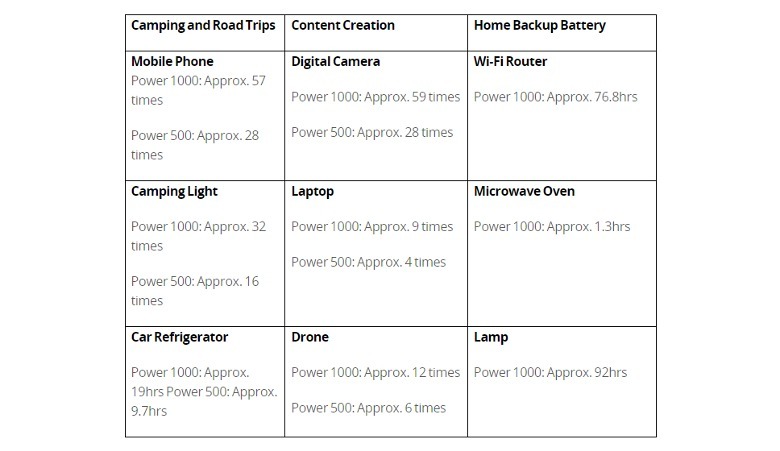DJI Sciences and Technologies makes a variety of different tech, but it’s primarily known as a drone manufacturer. The company has been making and selling commercial unmanned vehicles for years now, with a majority of them focusing on mounting and stability so that they can provide expert-quality aerial videography. We liked the DJI Avata 2 drone so much that we gave it a perfect 10/10 in our review when it launched last year.
The company does make a lot of other products too, though. It makes professional-oriented cameras like the DJI Ronin and portable ones like the DJI Osmo Pocket 3, but it also makes some really interesting accessory tech.
The company has recently announced that it is making a solar panel system and two new portable power stations. It would be natural to assume that these new products are designed specifically to work in concert with the company’s drones. While they certainly serve this purpose, their utility doesn’t end there.
DJI broke down the specs in the recent press release, and it’s clear that this new tech has capabilities that go well beyond keeping drones in the air.
Specs and features
There are two new changing stations being made available: the Power 1000 and the Power 500. According to DJI, «The DJI Power 1000 has a battery capacity of 1024 Wh and weighs 13kg with the smaller, compact DJI Power 500 at 512 Wh and weighing 7.3kg; they can provide maximum power outputs of 2200W and 1000W respectively.»
That’s some impressive capacity, but what might be even more impressive is the charging time. Both units are reportedly able to reach a full charge in just 70 minutes, and are able to fully charge DJI’s drones in just half an hour. This, coupled with the solar panel which can be purchased separately, means that you can take an easy, renewable source of energy with you wherever you go.
Of course, these stations won’t come cheap. DJI states that the Power 500 will retail for $499, while the Power 1000 will go for $999. On top of that, those who want to take advantage of the solar panel will have to fork over an additional $299. That might seem like a lot of money just to shoot a bit more aerial footage, but DJI knows that these power stations aren’t limited to juicing up drones.
These charging stations power more than drones
DJI reports that phones, cameras, lights, computers wi-fi routers, and even power-intensive devices like mini refrigerators and microwaves can all be powered by these charging stations. The company even breaks down their rates for each model: The Power 500, for instance, can charge a smartphone approximately 28 times, while the Power 1000 can charge one a whopping 57 times.

If that weren’t impressive enough, DJI has also provided several different methods of charging the stations themselves. Both units support power socket charging, car charging, USB Type-C charging, and solar charging. This ensures that you have several options that allow you to take advantage of the fastest and most stable power source available. The solar panels even monitor voltage generation to ensure that the stations recharge as quickly and efficiently as possible, while also making sure the unit doesn’t overcharge.
All of this adds up to a device that promises to be just as useful to take camping or have in your home when the power goes out as it is when you want to spend the weekend flying your drone.